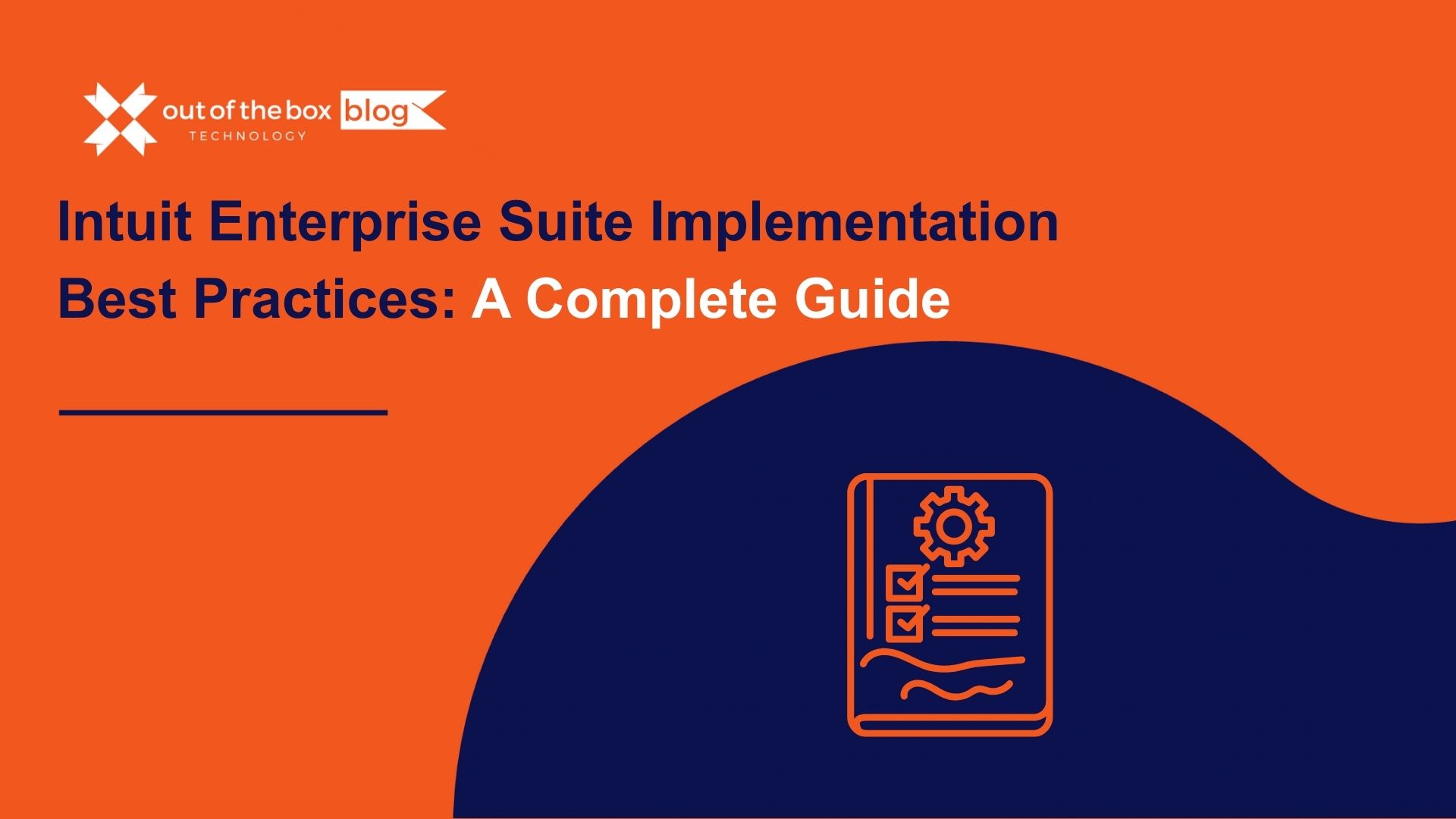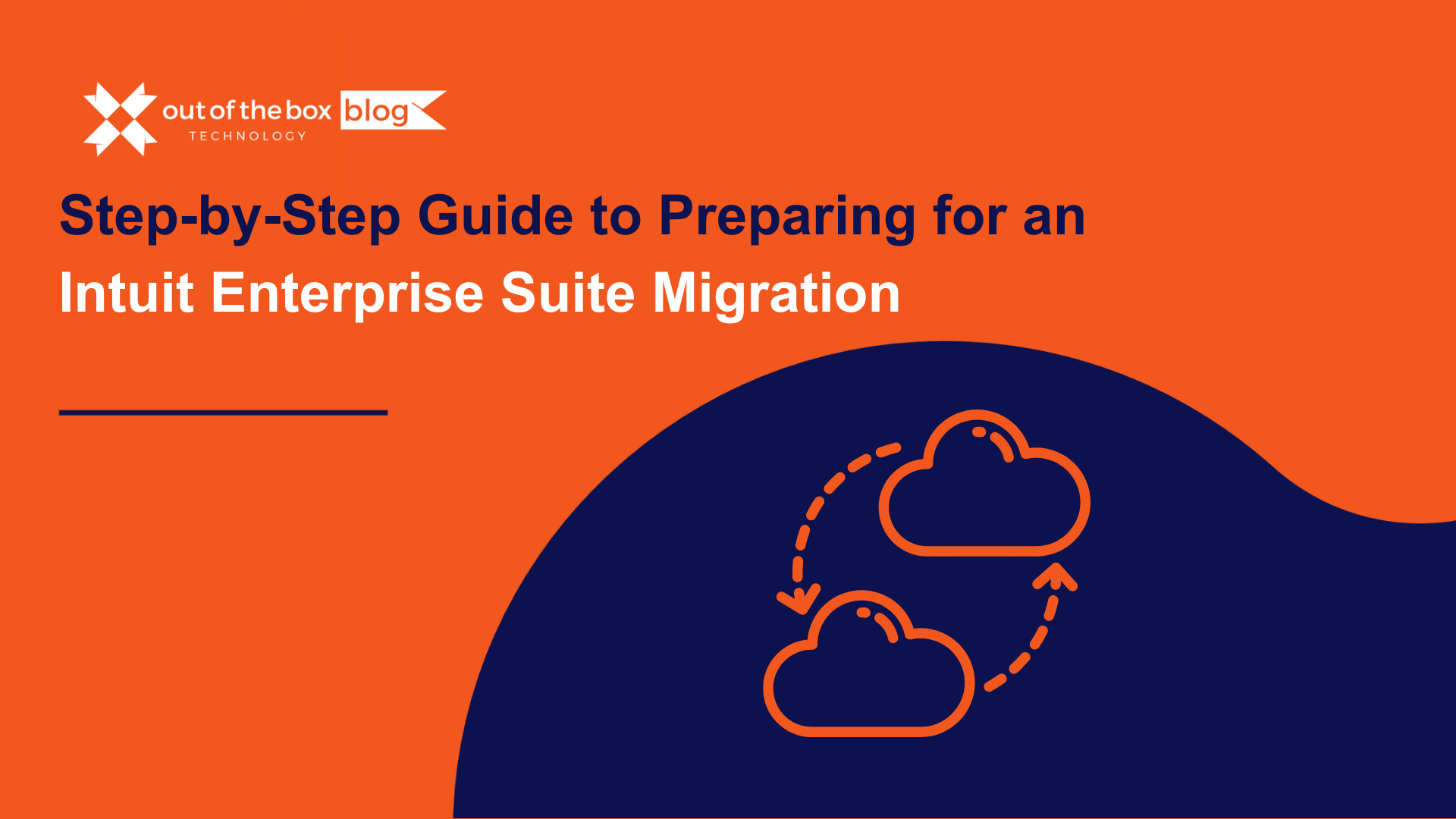In today’s fast-paced business landscape, financial management is a crucial factor that determines long-term success. However, many business owners struggle to keep up with their financial records, which can lead to errors, inefficiencies, and compliance issues. This is where professional bookkeeping services come in.
Outsourcing bookkeeping allows businesses to streamline financial operations, improve accuracy, and focus on growth. In this article, we’ll explore ten powerful benefits of hiring professional bookkeeping services, with real-world examples, data-driven insights, and expert recommendations.
1. Ensures Accurate Financial Records
Errors in bookkeeping can lead to costly mistakes such as misreported revenue, inaccurate tax filings, and financial penalties. Professional bookkeepers use advanced accounting software and industry best practices to ensure your financial records are accurate and up to date.
Example: According to the Association of Certified Fraud Examiners (ACFE), businesses lose 5% of their annual revenue to fraud due to poor financial record-keeping. Hiring professional bookkeeping services significantly reduces the risk of fraud by maintaining transparency and accountability.
2. Saves Time and Increases Efficiency
Bookkeeping is time-consuming, especially for small business owners who wear multiple hats. Delegating this task to experts frees up time to focus on core business operations, sales, and customer relationships.
Example: A survey by SCORE found that 40% of small business owners spend more than 80 hours per year on tax-related tasks alone. By outsourcing bookkeeping, business owners can save weeks’ worth of effort and direct their energy toward business growth.
3. Helps with Tax Compliance and Reduces Liabilities
Professional bookkeeping services ensure that all financial transactions are correctly categorized, making tax season less stressful. Bookkeepers stay up to date with federal, state, and local tax regulations to ensure compliance and avoid penalties.
Data Point: The IRS estimates that 40% of small businesses incur tax penalties due to errors in filing. Having a professional bookkeeper reduces the likelihood of late filings and inaccuracies, ultimately saving money.
4. Provides Valuable Financial Insights
One of the most overlooked benefits of bookkeeping services is the ability to gain real-time financial insights. Bookkeepers generate reports such as profit and loss statements, balance sheets, and cash flow statements that help businesses make informed decisions.
Example: A growing retail company struggling with cash flow used professional bookkeeping services to analyze spending patterns. The result? A 15% reduction in unnecessary expenses and improved profit margins.
5. Improves Cash Flow Management
Cash flow is the lifeblood of any business. Bookkeepers help monitor income and expenses, ensuring that businesses never run out of cash unexpectedly. They also provide forecasts that help businesses plan for future financial needs.
Data Point: According to a U.S. Bank study, 82% of business failures are due to poor cash flow management. Professional bookkeeping services mitigate this risk by keeping track of invoices, payments, and financial obligations.
6. Enhances Business Scalability
As a business grows, so does its financial complexity. Professional bookkeeping services offer scalable solutions that adapt to the company’s needs, whether it’s handling payroll, managing multiple revenue streams, or preparing for an audit.
Example: A startup in the tech industry scaled operations from 5 to 50 employees within two years. By outsourcing bookkeeping, they seamlessly managed payroll, expense tracking, and financial reporting without hiring an in-house team.
7. Strengthens Internal Financial Controls
Having a professional bookkeeper acts as a safeguard against financial mismanagement and fraud. They implement internal controls such as separating financial duties, reconciling accounts, and monitoring transactions to prevent unauthorized activities.
Data Point: A study by the ACFE found that small businesses are twice as likely to experience fraud compared to larger companies due to a lack of financial oversight. A bookkeeping service reduces this risk significantly.
8. Supports Business Loan and Investment Applications
Lenders and investors require accurate financial statements before approving funding. Professional bookkeeping services ensure that businesses maintain clean, organized financial records that boost credibility and improve chances of securing loans or investments.
Example: A manufacturing company sought funding for expansion. Their well-maintained financial records helped them secure a $500,000 loan at a favorable interest rate, demonstrating the value of professional bookkeeping in financial planning.
9. Reduces Overall Business Costs
While some business owners hesitate to pay for bookkeeping services, outsourcing is often more cost-effective than hiring an in-house team. It eliminates expenses related to salaries, benefits, office space, and training.
Data Point: The U.S. Bureau of Labor Statistics reports that the average annual salary for an in-house bookkeeper is $45,000 to $55,000, whereas outsourcing bookkeeping services costs significantly less, depending on business size and needs.
10. Gives Peace of Mind and Focus on Growth
Perhaps the most valuable benefit of professional bookkeeping services is the peace of mind they provide. With financial records in expert hands, business owners can focus on strategic growth, product development, and market expansion.
Example: A marketing agency outsourced bookkeeping and redirected its focus on expanding service offerings. Within a year, they grew their client base by 30%, thanks to better financial planning and stress-free management.
FAQs About Bookkeeping Services
1. What types of businesses benefit most from bookkeeping services?
Any business that deals with transactions, expenses, and financial reporting can benefit from bookkeeping services, including small businesses, startups, freelancers, and large corporations.
2. How much do bookkeeping services typically cost?
The cost varies based on the business size, transaction volume, and required services. On average, outsourced bookkeeping services range from $300 to $2,500 per month.
3. What’s the difference between bookkeeping and accounting?
Bookkeeping involves recording financial transactions, while accounting includes interpreting, analyzing, and summarizing financial data for strategic planning and tax filing.
4. Can bookkeeping services help with tax preparation?
Yes, professional bookkeepers organize financial records, categorize transactions, and ensure compliance, making tax filing easier and reducing audit risks.
5. How do I choose the right bookkeeping service?
Look for bookkeeping providers with experience in your industry, positive client reviews, transparent pricing, and expertise in modern accounting software like QuickBooks, Xero, or FreshBooks.
Final Thoughts
Hiring professional bookkeeping services is a game-changer for businesses looking to improve financial accuracy, efficiency, and compliance. From reducing errors and managing cash flow to helping with taxes and scaling business growth, the benefits far outweigh the costs.
Whether you’re a startup, a growing enterprise, or an established business, investing in professional bookkeeping is one of the smartest financial decisions you can make. Ready to take control of your finances? Explore trusted bookkeeping services today and set your business up for long-term success!
Meet with a QuickBooks product expert today!
Schedule a complimentary QuickBooks service consultation to find out the recurring accounting services to help your business run at its best.




